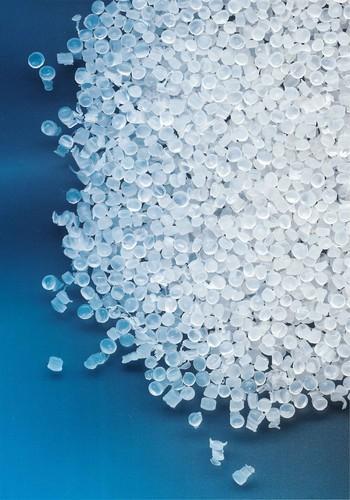PMMA (polymethyl methacrylate, commonly known as “acrylic”) and PC (polycarbonate) are two commonly used transparent plastics with significant differences in performance and applications. Below is a comparison:
1. Key Performance Comparison
Features:
PMMA Material
Transparency: Extremely high (92% transmittance, better than glass)
Impact Resistance: Low, prone to brittle cracking
Hardness: High (good surface scratch resistance)
Weather Resistance: Excellent (UV resistant, no yellowing in outdoor conditions)
Heat Resistance: Low (softening point approximately 80-90°C)
Density: 1.18 g/cm³ (lightweight)
Processability: Easy to cut, polish, and bond
Price: Low
PC Material
Transparency: High (88%-90% transmittance)
Impact Resistance: Extremely high (over 10 times that of PMMA)
Hardness: Low (prone to scratching, often requires coating)
Weather Resistance: Average (requires UV stabilizer for aging protection)
Heat Resistance: High (long-term operating temperature up to 120°C)
Density: 1.2 g/cm³
Processability: Requires high-temperature injection molding, prone to internal stress
Price: High
2. Typical Application Scenarios
PMMA Applications (Focusing on aesthetics and light transmittance)
Advertising: Light boxes, signs, display stands.
Architectural Decoration: Skylights, sound barriers, bathroom bathtubs.
Optical Devices: Camera lenses, optical fibers, light guide plates (LCD screens).
Daily Necessities: Cosmetic bottles, stationery, furniture panels.
PC Applications (Focusing on strength and heat resistance)
Safety Protection: Bulletproof glass, helmet visors, safety glasses.
Electronic Appliances: Mobile phone cases, charger cases, transparent cases (requires flame retardancy).
Automotive Parts: Headlight covers, instrument panels, sunroofs.
Medical Devices: Surgical instrument trays, hemodialysis machines.
3. How to Choose?
PMMA: When high transparency, weather resistance, and surface hardness are required (e.g., outdoor billboards).
PC: When impact resistance and high-temperature resistance are required (e.g., safety protection or electronic components).
4. Precautions
PMMA Disadvantages: Avoid use in high-impact environments (e.g., children’s products that are easily dropped).
Disadvantages of PC: Long-term exposure to ultraviolet rays requires coating, and avoid contact with strong alkali (prone to stress cracking).
Post time: Aug-01-2025

